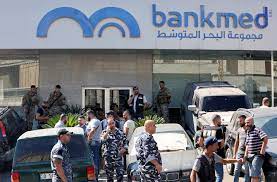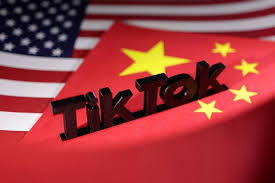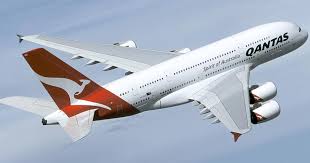Four Arab banks are interested in investing in Lebanon’s struggling banking industry, which has been severely impacted by the country’s three-year economic collapse, a leading Arab banker said on Thursday.
The biggest economic crisis Lebanon has ever experienced, which has wrecked its bloated public sector and infrastructure, has caused inflation to soar and poverty to surge.
The largest regional banking conference conducted in Beirut since the start of the historic economic crisis in October 2019 was preceded by Wissam Fattouh, Secretary General of the Union of Arab Banks, who spoke to reporters on the sidelines of the event. Amin Salam, the interim finance minister, together with Lebanese and regional banking executives urged their Arab colleagues to make investments in the crisis-stricken nation and support the recovery of its devastated economy.
In July, Fattouh stated that Jordanian and Iraqi banks have shown interest in purchasing tiny Lebanese banks.
“We discussed the possibilities of owning and possessing some Lebanese banks that have the intention to sell during our numerous visits to Arab countries and visits with banking leadership,” Fattouh said. The banks interested in investing in Lebanon were not mentioned by him.
In the tiny Mediterranean nation as of 2022, there were 61 banks, 46 of which were commercial banks. The crisis has caused many to downsize.
According to the World Bank, the financial crisis in Lebanon is among the worst in the entire world since the middle of the 19th century. It is the result of years of financial mismanagement, corruption, and bad policies.
Dollar shortages in Lebanon at the end of 2019 sparked panic and a bank run as the banks placed stringent withdrawal restrictions on customers who held their cash there. Lebanon’s central bank would induce commercial banks to lend dollars at high-interest rates under what financial experts and the World Bank described as a Ponzi scheme in order to maintain a surplus of cash. The banks then enticed clients to deposit their savings by offering even higher interest rates on those deposits.
Since that time, Lebanon has operated on a cash economy. The Lebanese pound, the country’s official currency, has lost about 90% of its value, with the majority of transactions in most products and services being conducted at an unregulated black market rate. Since then, cash-strapped depositors have been withdrawing their deposits at currency rates much lower than the market rate.
“The fate of those deposits at the Central Bank is still a mystery,” said Fattouh. Therefore, they will target banks with low liabilities and few deposits with the central bank.
In April 2022, the Lebanese government and the IMF signed a provisional agreement that called for an “externally assisted bank-by-bank evaluation for the 14 largest banks.” Since the leading political parties and officials in Lebanon, many of whom are shareholders or owners in the banks, refused to enact any reforms, the audit was never conducted.
Since October, the nation has been without a president, and on Monday, the governor of the Central Bank announced his resignation.
However, according to Fattouh, this presents an opportunity for investors.
“The investors have a perspective that once constitutional matters are back in order in Lebanon with the election of a president, that banking license will become, I’m guessing, around $200 million,” he added. Therefore, acquiring that bank now would be much cheaper for them and result in great profit.


















